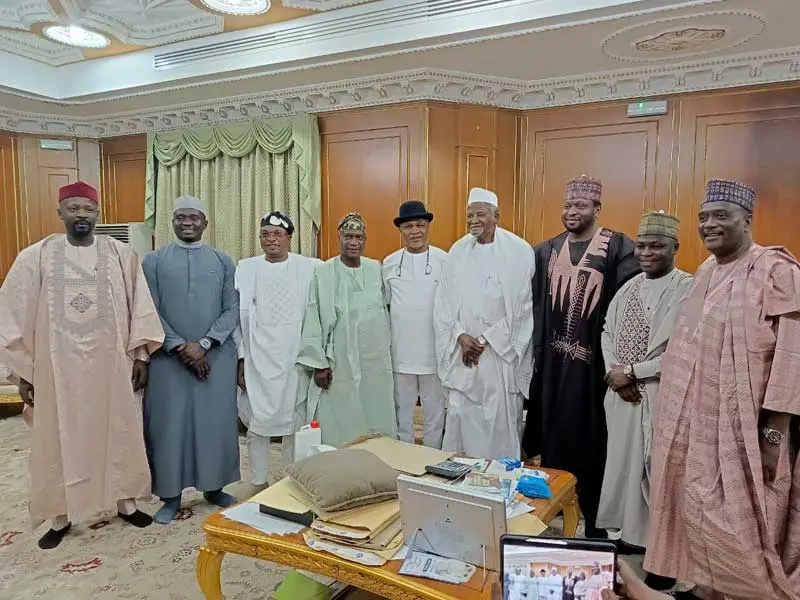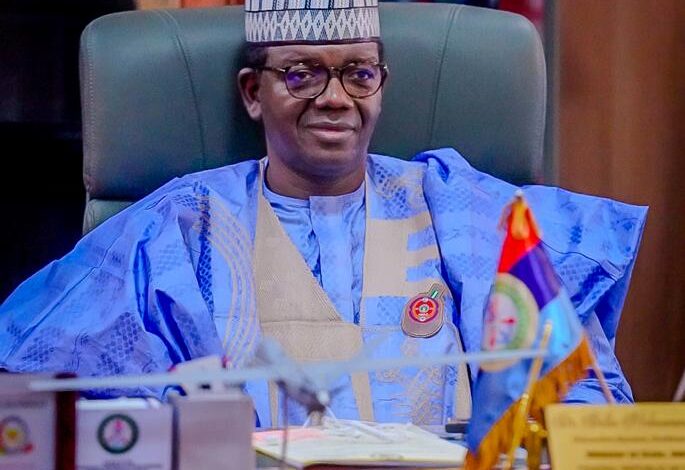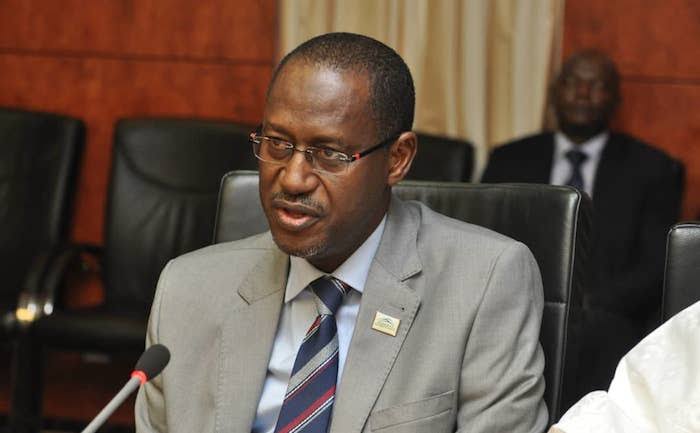Debate Ignited as Call for Return to Parliamentary System Gains Momentum
The ongoing discourse surrounding Nigeria’s governance structure has been reignited as proponents advocate for a return to the parliamentary system, sparking a nationwide debate on the future of the country’s political landscape.
Since the transition to civilian rule in 1999, Nigeria has grappled with the question of which democratic model best suits its diverse population and unique socio-political environment. While the current presidential system, adopted in 1979, has its proponents, there is a growing chorus of voices advocating for a shift back to the parliamentary system inherited from colonial rule.
Advocates of the parliamentary system argue that it offers a more cost-effective and accountable form of governance, citing its ability to streamline decision-making processes and foster collaboration between the executive and legislative arms. They contend that the system, which places the Prime Minister at the helm of government, reduces the concentration of power and promotes greater representation at the grassroots level.
In contrast, supporters of the presidential system highlight its perceived strengths in ensuring checks and balances among the three arms of government – executive, legislative, and judiciary. They argue that the system, modeled after the United States’ governance structure, provides a robust framework for safeguarding against executive overreach and fostering stability in governance.
The recent move by the House of Representatives to initiate discussions on a potential transition to the parliamentary system has sparked renewed interest in the debate. A bill proposing constitutional amendments to facilitate the transition has garnered bipartisan support, with lawmakers citing the need to address the high cost of governance and enhance accountability.
Key provisions of the proposed bill include replacing the President with a Prime Minister as the head of government and establishing a unicameral legislature to replace the current bicameral system. Advocates argue that such reforms would streamline administrative processes, reduce bureaucratic inefficiencies, and allocate resources more efficiently.
While proponents of the parliamentary system tout its potential benefits, critics caution against overlooking the complexities of implementing such sweeping reforms. They argue that any transition must be carefully planned and tailored to Nigeria’s unique socio-political context to avoid unintended consequences.
As the debate continues to unfold, stakeholders are calling for robust public engagement and informed decision-making to shape the future of Nigeria’s governance system. Whether the country ultimately embraces the parliamentary model or opts to refine the existing presidential system, the ongoing discourse reflects a broader commitment to democratic principles and political reform.








